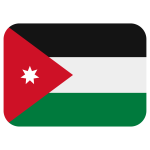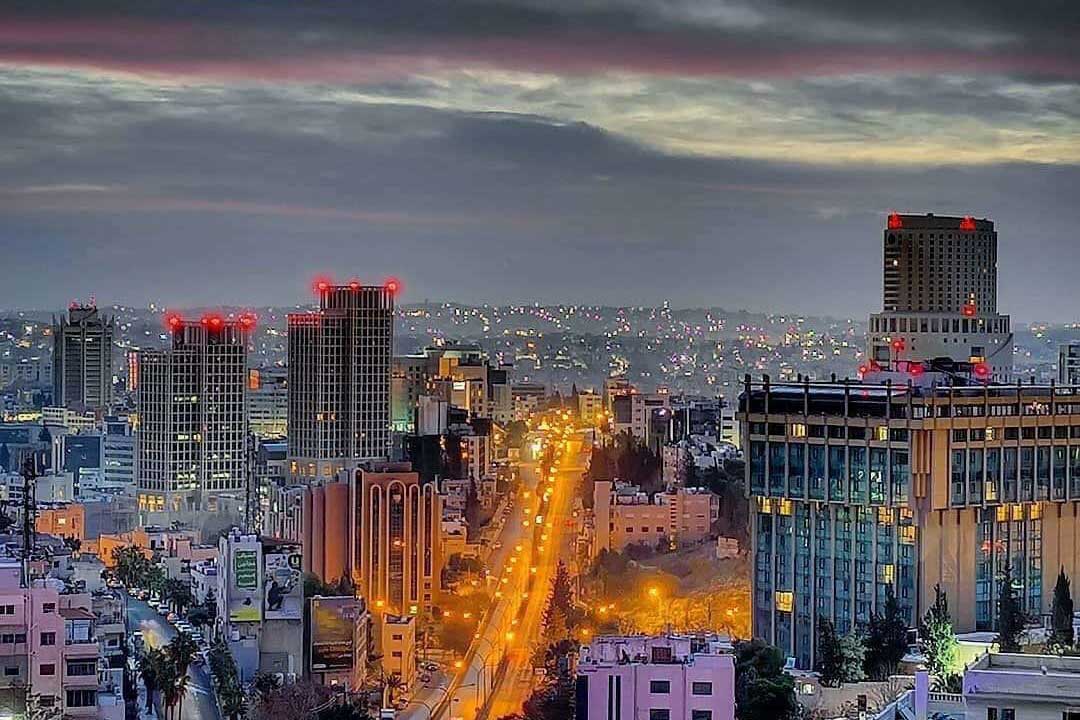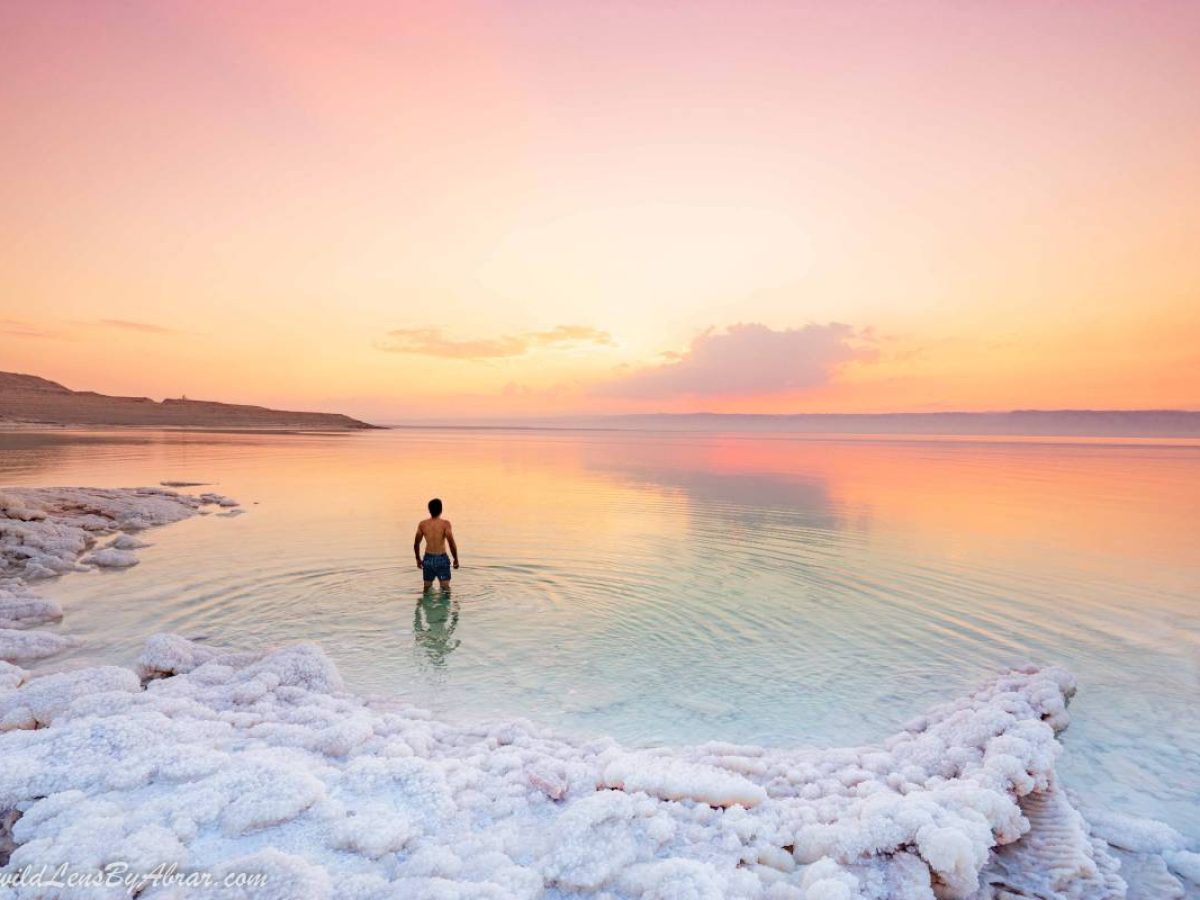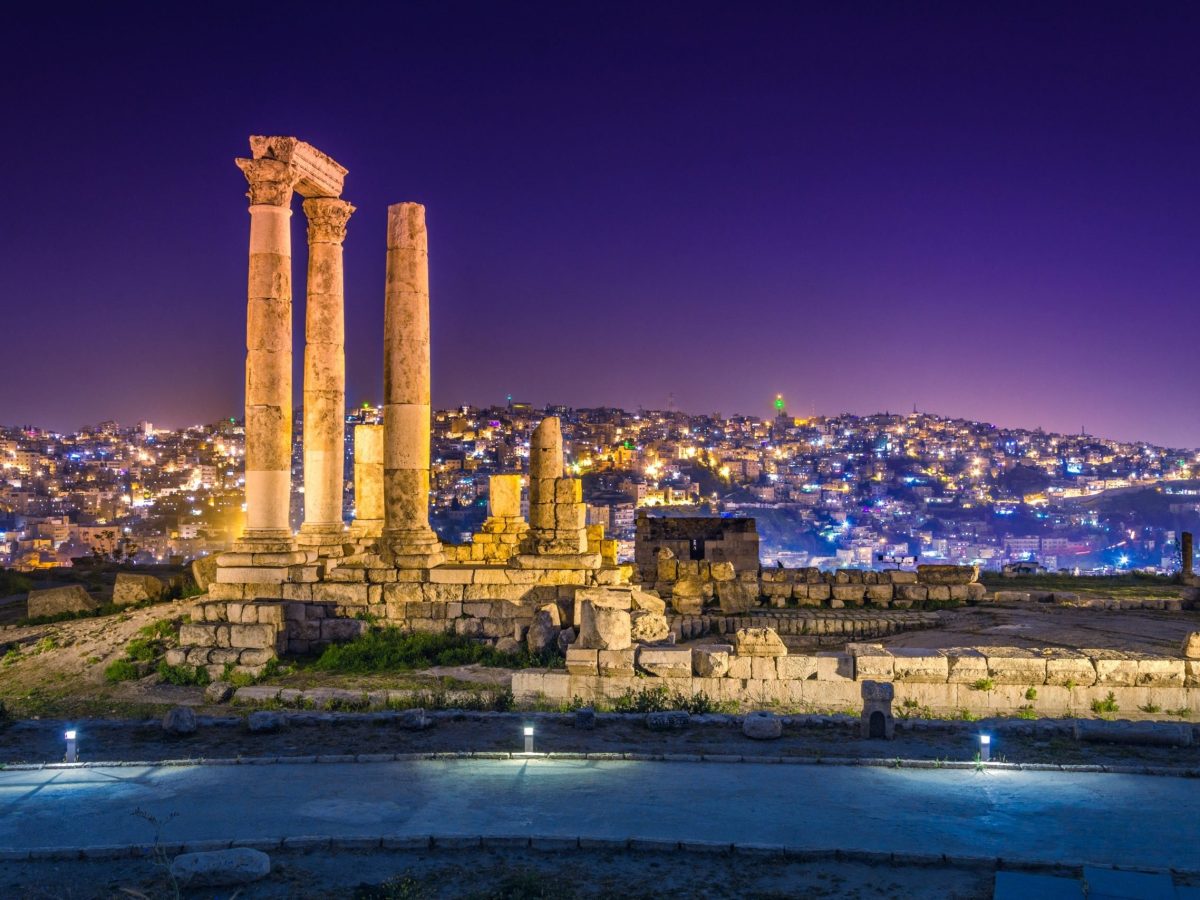
Jordan is a small yet historically and culturally rich country located in the heart of the Middle East. Known officially as the Hashemite Kingdom of Jordan, it borders Saudi Arabia to the south, Iraq to the northeast, Syria to the north, Israel and the Palestinian territories to the west, and the Dead Sea and the Red Sea to the west and southwest, respectively. Its strategic location has made it a crossroads of civilizations for thousands of years.

Jordan has a long and diverse history, dating back to ancient times. It has been home to many civilizations, including:
Modern Jordan was established as a kingdom in 1946 after gaining independence from British rule.
Jordan’s culture reflects its blend of Bedouin, Arab, and Mediterranean influences:
Jordan’s economy is diverse but constrained by limited natural resources. Key sectors include:


Jordan is a constitutional monarchy ruled by King Abdullah II, who has been in power since 1999. The country is considered relatively stable in a region often marked by conflict, and it plays a vital role in regional politics, particularly in peace efforts between Israel and Palestine.
Jordan is celebrated for its stability, rich history, and breathtaking landscapes, making it a gem of the Middle East.
